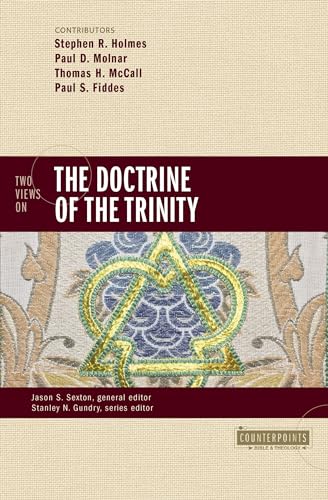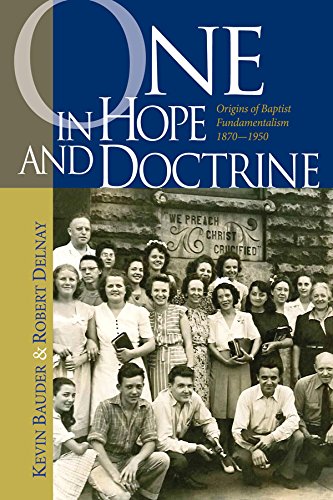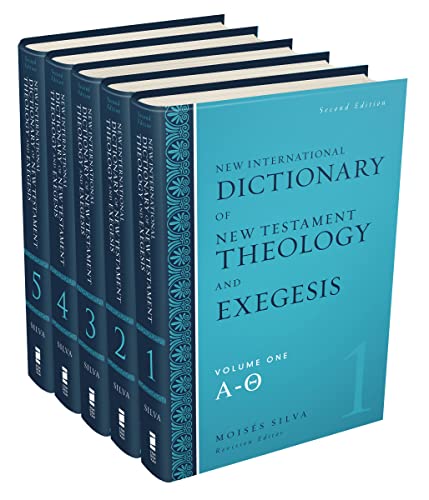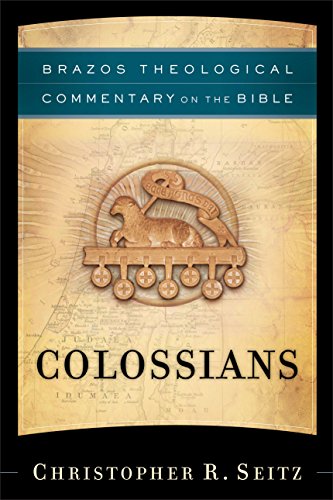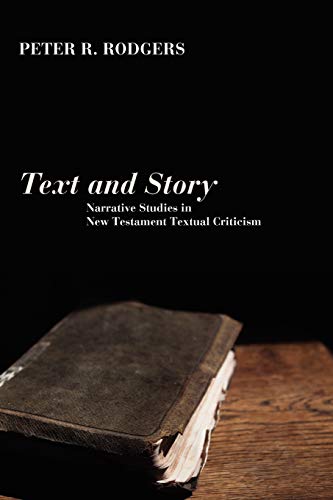The Theology of the Westminster Standards: Historical Context and Theological Insights
Written by John V. Fesko Reviewed By William VanDoodewaardThe seventeenth century stands distant from us—almost another world in many aspects of culture and society. Yet, the theological debates, discussions, and formulations of the English Civil War era remain close at hand for many of us. Whether Presbyterians holding to the Westminster Standards, or Baptists holding to the significantly similar London Baptist Confession or its derivatives, the theology of the Westminster Standards still shapes the faith commitments of denominations, congregations, and individuals around the globe. Undoubtedly, this is in part because these doctrinal declarations closely cohere to the rich truth of God’s enduring Word.
It is for this and other reasons that John Fesko’s The Theology of the Westminster Standards provides a substantial contribution to the field of historical theology. At just over four hundred pages, the book goes beyond an evening read, but the effort to read it yields significant fruit. Fesko proves an able guide as he patiently and engagingly unfolds aspects of the contexts surrounding a number of the substantial points of doctrine found in the Westminster Confession and Catechisms.
After a brief, interesting, and somewhat eclectic historical survey that carries the reader from the Reformation to the 1640s, Fesko progresses to a thematic approach to the content of the Westminster Standards. Like the Standards themselves, he begins with the doctrine of Scripture. As he does so, it quickly becomes clear his contextual approach is not narrowly restricted to the writings of the members of the Westminster Assembly and their immediate contemporaries. Moving from Ulrich Zwingli and the early Reformation to William Whitaker in the late Reformation era, Fesko further incorporates reference to numerous Reformed confessions along the way as he steps into a discussion of natural and special revelation. He also introduces B. B. Warfield, who serves as a steadily cited companion through the volume.
Any attempt to grapple with the content and historical context of an extensive doctrinal statement leaves the author in the role of deciding with what and what not to engage. Readers ought not expect the author to address everything, and reviewers face a perennial danger of reviewing the book they wished had been written. Yet, considering this volume is entitled The Theology of the Westminster Standards, developed from the author’s seminary lectures for a course on the same, the omitted areas are surprisingly substantial in relation to the title. The doctrine of the Trinity, including the attributes of God, receives only brief mention even though the Westminster Confession devotes an entire chapter to understanding who God is, and though Reformed orthodox theologians engaged substantially with varieties of Socinian or Unitarian thought. The same is true as the reader moves beyond the chapter on “God and the Decree” to “Covenant and Creation.” Fesko largely skips over God’s work of creation, including human origin and nature, despite the fact that this is a significant part of the Confession’s chapter four, and as a topic drew the attention of many English Puritan writers. Fesko pays similarly scarce attention to the doctrine of providence and man’s fall into sin.
So where does Fesko bring us to focus in The Theology of the Westminster Standards? In relation to the decree, Fesko provides insightful engagement with discussions on necessity and contingency, free will, and predestination contemporary to the Westminster Assembly. Beyond this, a good part of his work presents contextual arguments for the interpretation of the Westminster Standards on covenant theology.
Fesko surveys the discussion of covenant theology as situated in the pre-fall context. He also brings to light and assesses the variety of historical views on the nature of the Mosaic covenant. Was it an administration of the covenant of grace, the covenant of works, or a mixture of both? The question plays directly into how one understands the moral law as summarized in the Ten Commandments and is a key component of current law-gospel debates. While Fesko ably notes a diversity of views in the broader context surrounding the Westminster Assembly, he does not engage comprehensively with the Westminster Standards themselves—the Larger Catechism’s introduction to the Ten Commandments leans strongly toward an ecclesial understanding that this is in fact an administration of the covenant of grace.
To a degree this is a pattern in the volume: the weight of emphasis at points tilts to the contextual while seeming to miss a full-orbed, clear engagement with the Standards themselves. It also raises a question of contextual historical study in relation to the interpretation of ecclesiastical documents. To what degree should the views of individual theologians, even where they were delegates to the Assembly (many Fesko cites were not), shape the reading of the Standards? And what was the ecclesial context of the reception of the Standards? Though formulated in England, they were primarily received, interpreted, and applied during this period by the Church of Scotland—and Presbyterianism in Scotland was of a different character than that in England. How the vexed question of historical context and the interpretation of confessional standards is answered varies, yet the best ecclesial answer—as in the days of the Assembly—comes as the contemporary church engages, deliberates, and declares from the Scriptures, with healthy awareness of how past generations have done so before her.
Turning to the doctrine of Christ, Fesko focuses specifically on discussions of hypothetical universalism—a current theme among historical theologians. Under justification he focuses on the imputation of Christ’s active and passive obedience; under sanctification he engages the doctrine of union with Christ. His chapters on the law of God and the church are significantly shaped by an examination of the concepts of natural law and two kingdoms theology. As historical theologians, our endeavors and cases that we make are often reflective of our own contemporary contexts, and the schools of thought to which we adhere; the field of historical theology is as much a field of contemporary issues as it is a study of the past. Those aware of, or involved in debate in, the areas Fesko covers will quickly gain a sense of this reality in his work.
Overall, Fesko’s work provides a wealth of wide-ranging contextual theology to our consideration of the Standards, successfully challenging and engaging the reader. While it is not primarily a theology of the Westminster Standards, as a study of select aspects of the theological context surrounding the Westminster Assembly, it is a fine volume, calling for thoughtful engagement by those participating in the contemporary conversation on these points.
William VanDoodewaard
William VanDoodewaard
Puritan Reformed Theological Seminary
Grand Rapids, Michigan, USA
Other Articles in this Issue
The account of Abraham's near-sacrifice of Isaac has been and will likely continue to be violently applied so long as the dominant misunderstanding of the text prevails...
In recent years, a growing cadre of younger historians has begun publishing significant books on the history of American evangelicalism...
Romans 4 remains a central text in the debate over the New Perspective on Paul...
Within the intra-Reformed debate over baptism, covenant theology is a crucial aspect in determining one's position...
‘Fathers of Faith, My Fathers Now!’: On Abraham, Covenant, and the Theology of Paedobaptism
by David GibsonThe figure of Abraham creates a covenantal framework for biblical theology that allows baptism to be considered in relation to the Bible's developing story line...



